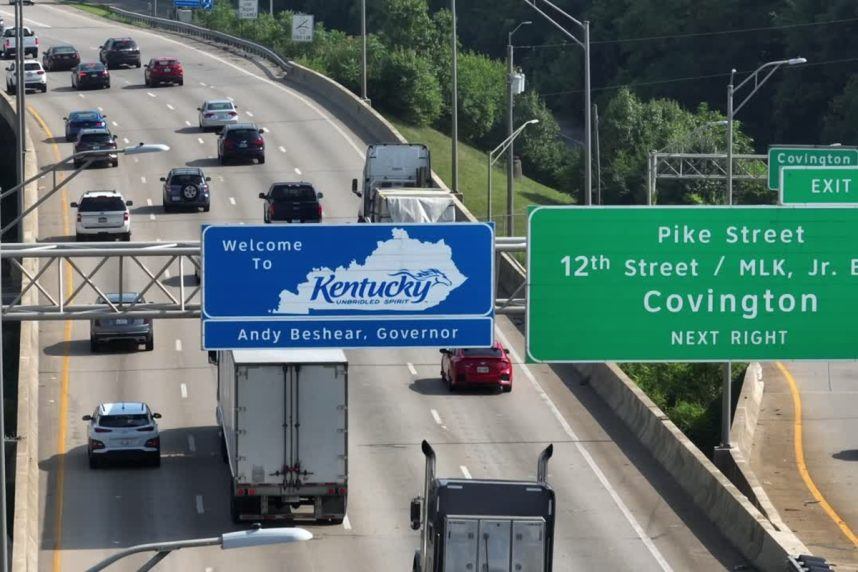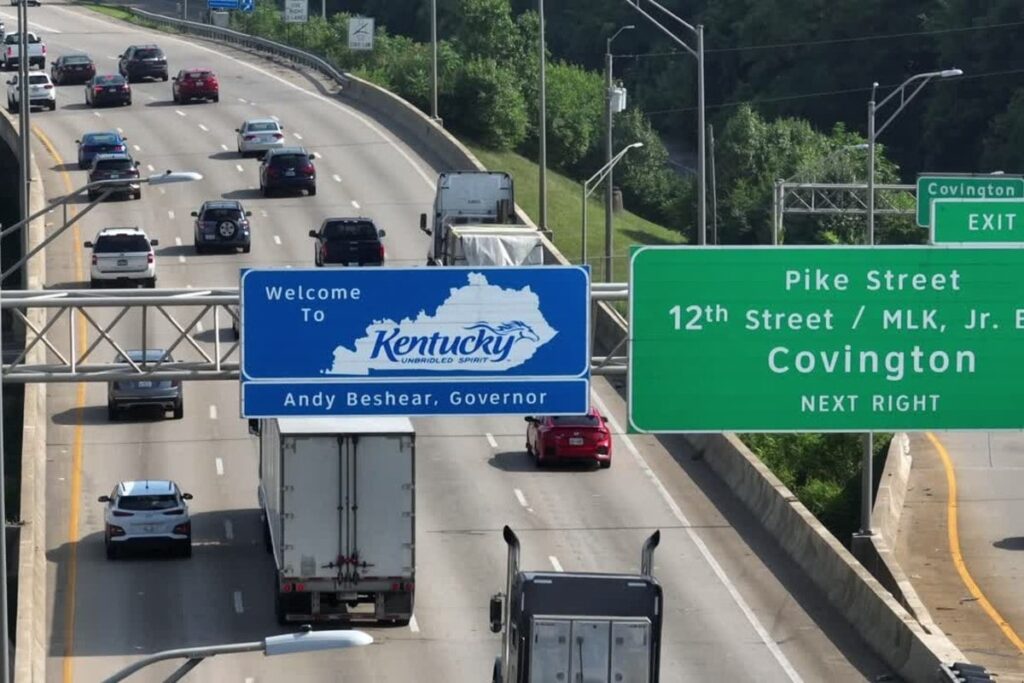Posted on: January 8, 2025, 04:17h.
Last updated on: January 8, 2025, 04:17h.
January marks the start of a new year and legislatures across the nation convening for their 2025 sessions. Gaming expansion is again a topic of discussion in several state capitals, and that lends even to Kentucky, a state that has maintained a longtime prohibition of most forms of gambling.

On Tuesday, Kentucky Rep. Thomas Huff (R-Bullitt) filed House Bill 33, a measure to allow counties and their local voters to decide if commercial casino gambling operates in their communities. The statute, if passed by the General Assembly and signed into law by Gov. Andy Beshear (D), would task the Kentucky Racing and Gaming Corporation (KHRGC) with regulating brick-and-mortar commercial casinos.
Huff proposes the state collect 21% of each casino’s monthly gross gaming revenue (GGR). The suggested tax is regardless of whether the revenue comes from slot machines, table games, or retail sports betting. Kentucky’s gaming tax benefit would be directed to its General Fund.
In addition to the excise tax, Huff wants each casino to pay $3 for each person admitted to their gaming floor.
County Requirements
Huff’s bill limits where casinos can operate. The language stipulates that casinos can only be placed in counties that have a minimum of 30K residents. Those that do can initiate a local ballot referendum asking voters to authorize casino gambling either by the county legislative body passing an ordinance to conduct a gaming poll or by way of a citizen-led petition that must secure signatures from at least 25% of the number of votes cast in the last preceding “regular” election.
Counties with fewer than 30K people can partner with neighboring counties to surpass the resident threshold and qualify for a casino. A local referendum via the same above terms would then be needed.
Counties with fewer than 30K residents can also gain casino privileges if they are currently home to a licensed racing association.
Upon a successful local referendum authorizing casino gambling, county officials would then be required to issue a request for casino proposals through a competitive bid. Once a gaming developer and operator is secured, the proposal would then move before the KHRGC for review.
Never Say Never
Kentucky lawmakers have for decades opposed most efforts to expand gaming in the Bluegrass State. Kentucky is a “highly religious” state, with Pew Research reporting that more than six in 10 adults say religion “is very important to their lives.”
Republicans have significant control in both chambers of the legislature, holding 80 of 100 House seats and 31 of the 38 Senate seats. While Republicans haven’t been enthusiastic about casinos in Kentucky, they have budged on other forms of gaming.
Kentucky lawmakers legalized online sports betting on their final session day in March 2023. Two years earlier, they authorized slot-like historical horse racing (HHR) machines at parimutuel facilities and horse racetracks.
HHR has been critical in growing race purses and profits for track owners. Kentucky’s HHR facilities averaged around $800 million a month in HHR handle in 2024, or the amount of bets risked on the machines.
From the start of the state’s 2025 fiscal year on July 1 through November, HHR gross revenue totaled over $302.4 million on more than $3.3 billion wagered. About $252.5 million stayed with the tracks. Horse racing development funds received $26.9 million. The state’s General Fund collected almost $23 million.



